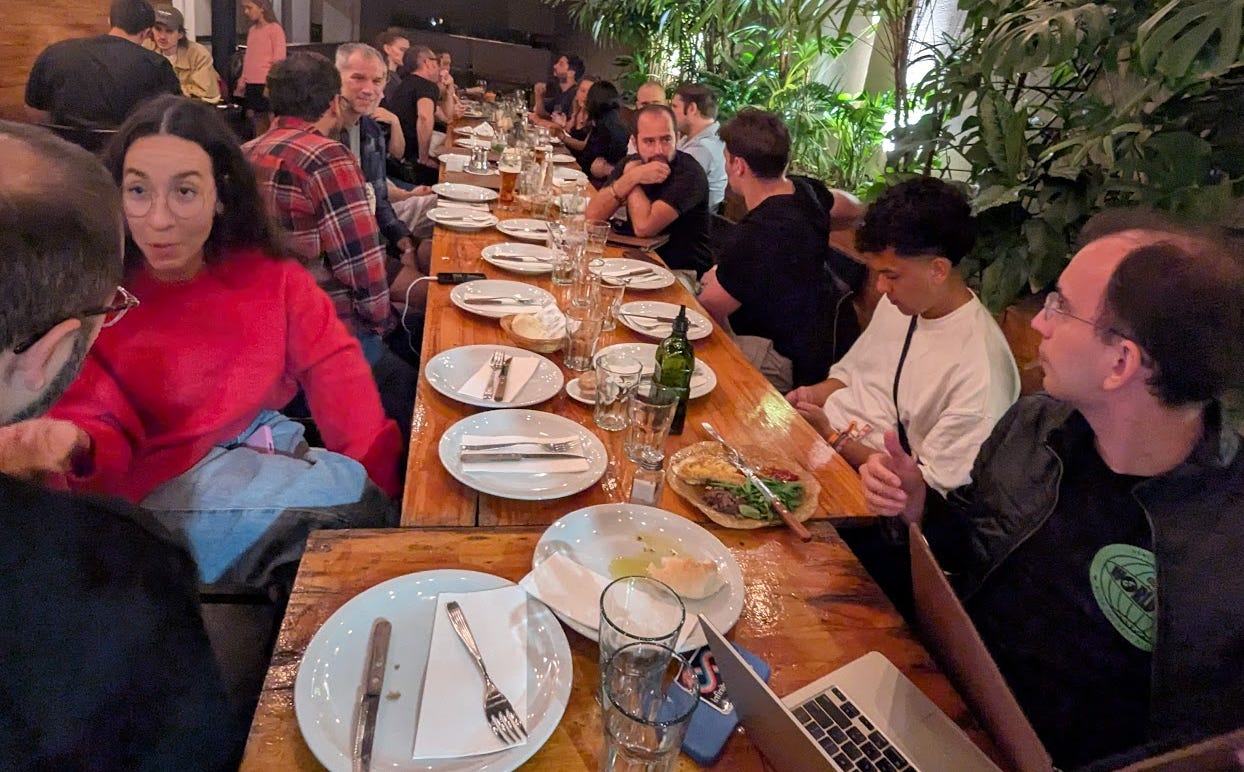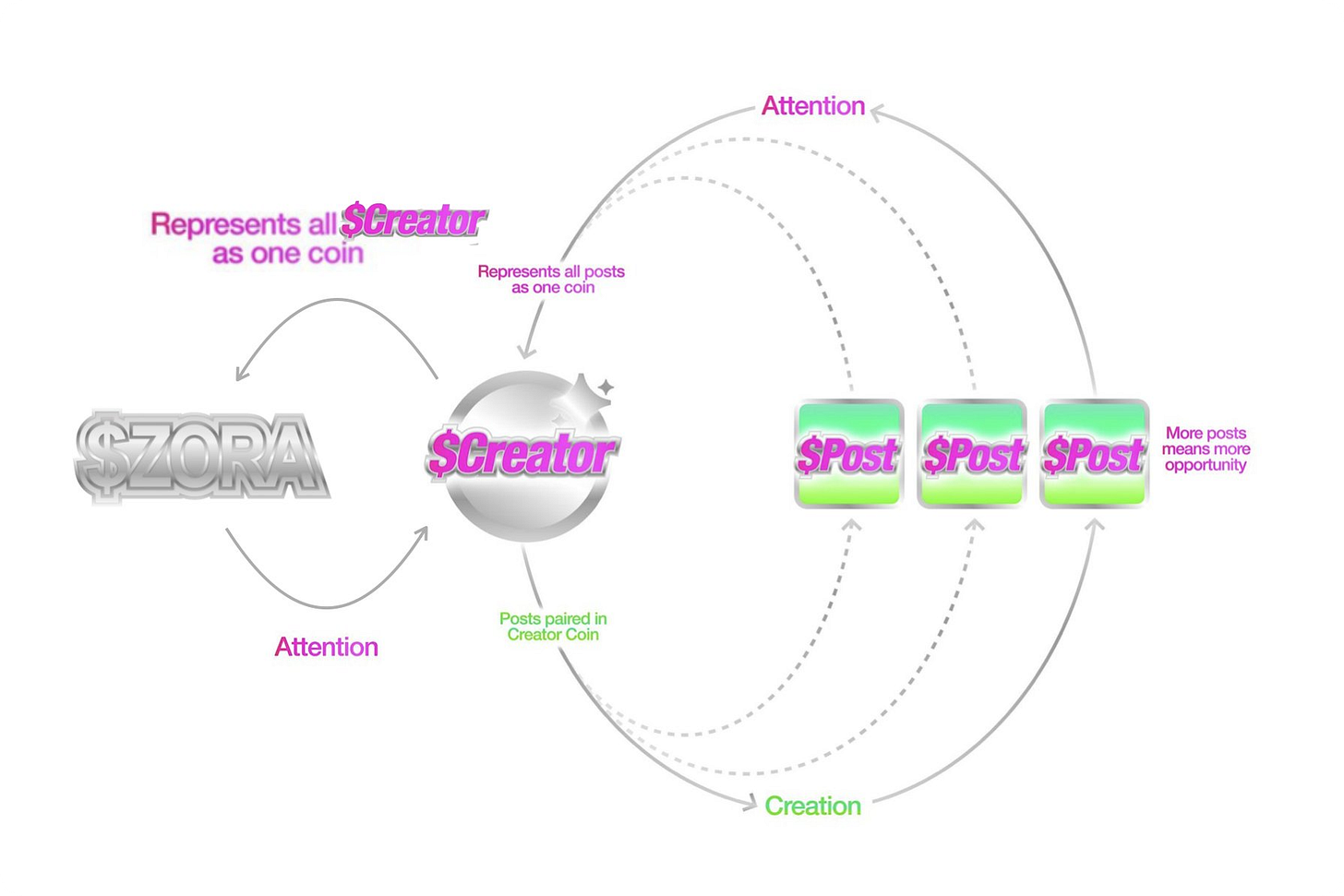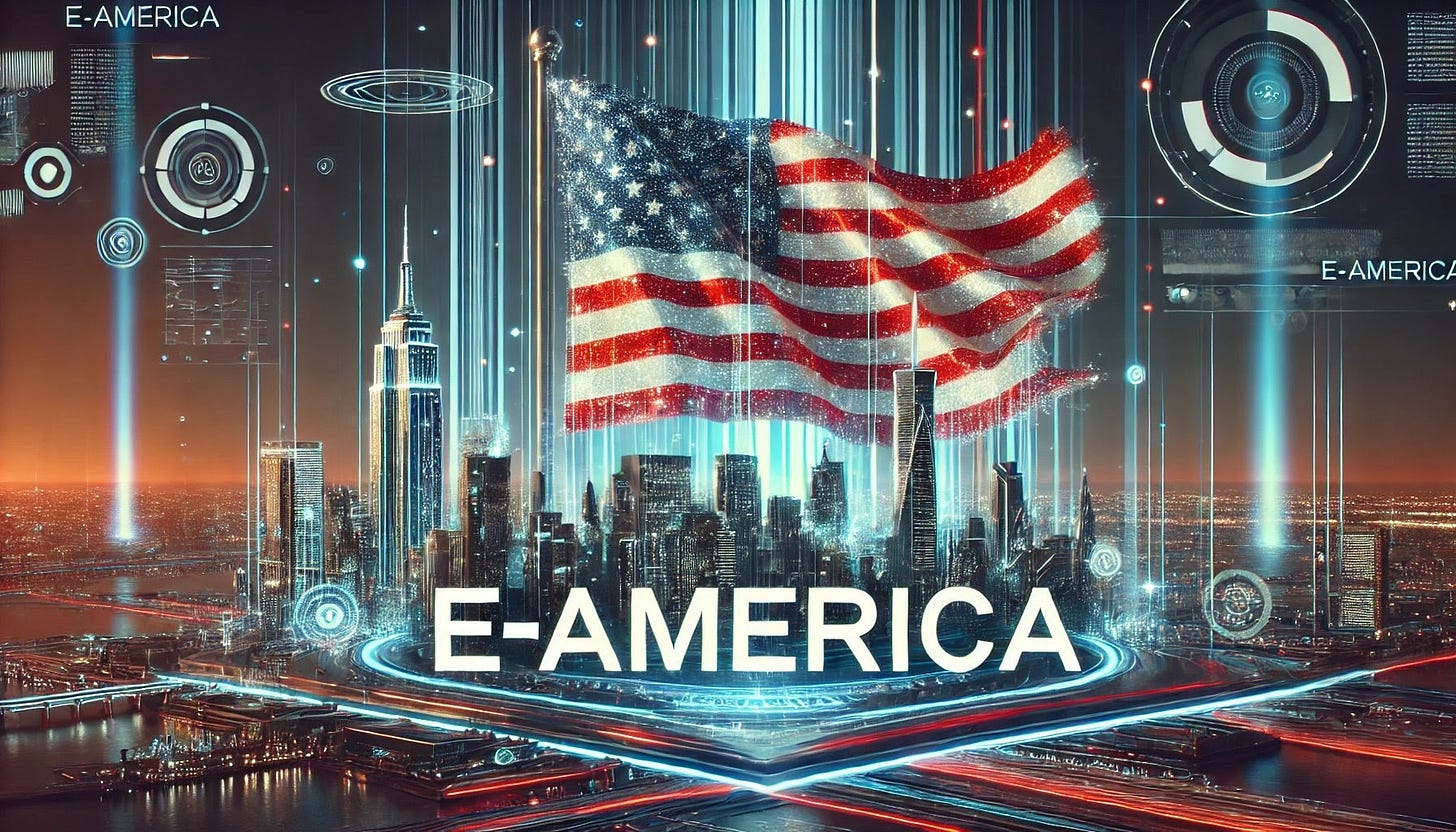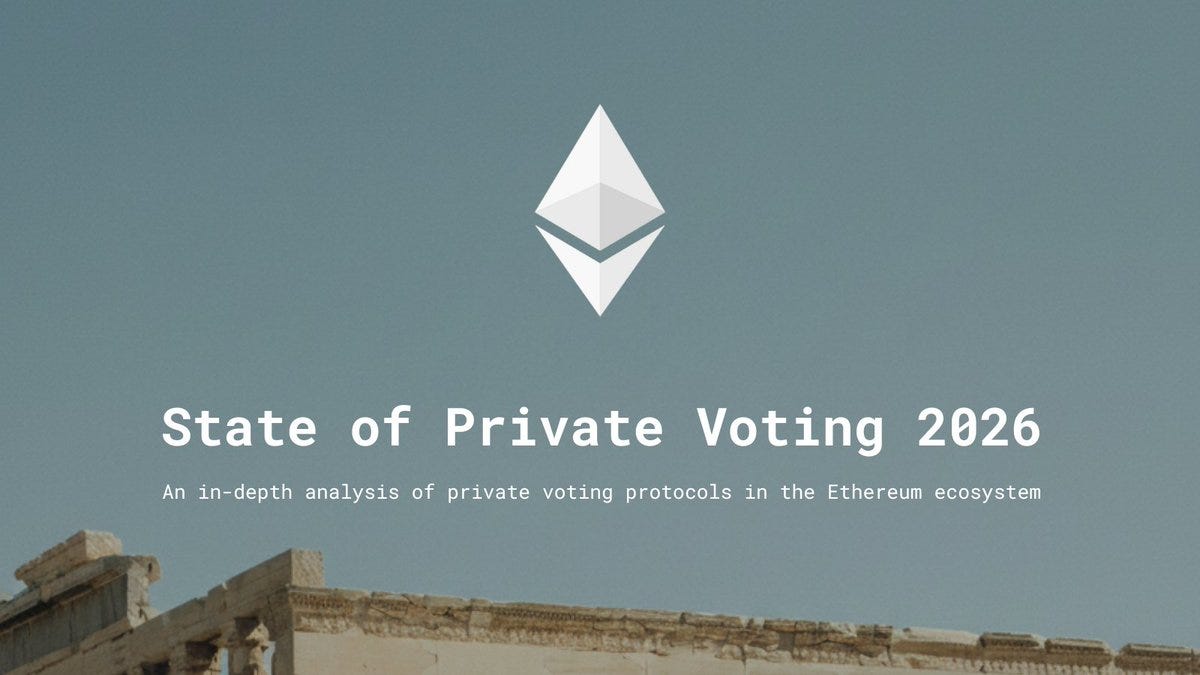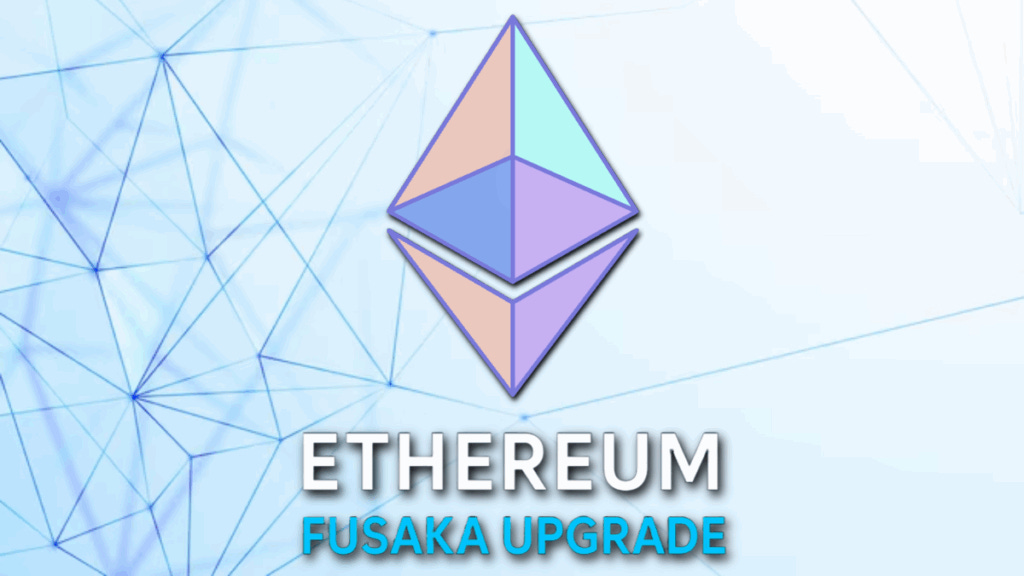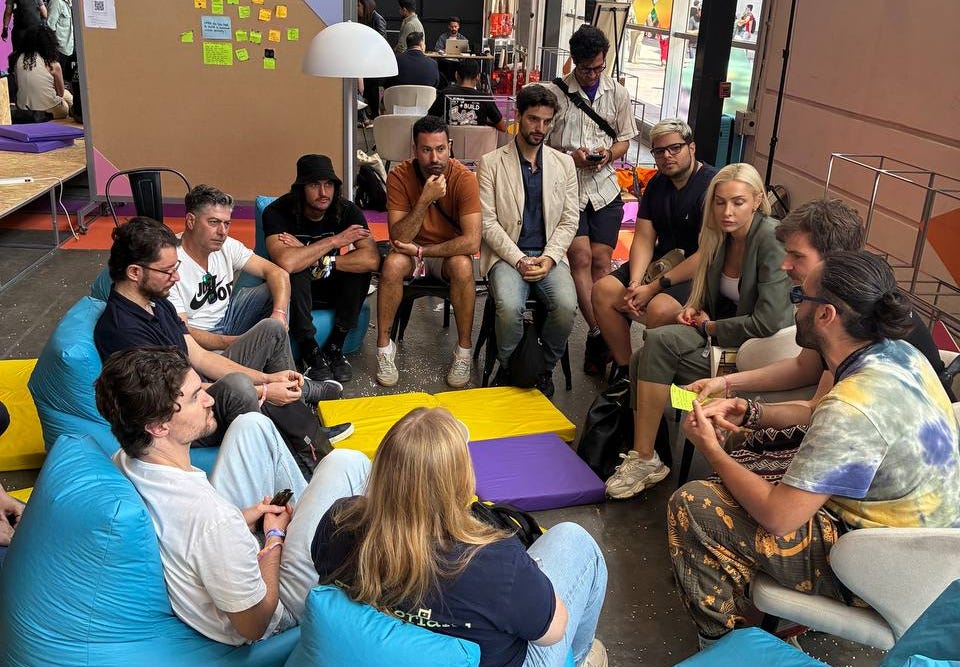Ipê News #14 - creator coins, e-America, Fusaka, and more
Your weekly update on what is happening in the Startup Society ecosystem.
Hey builders!
Welcome to our 14th edition of the Ipê News.
As Ipê Village 2026 gets closer, we would love to know your opinion about the newsletter and the community. Join our Discord Server.
🏘️ Community Updates
Highlights from Ipê City, partner communities, or aligned initiatives.
The Ipê community spontaneously decided to gather for a dinner during the week of Devconnect. The result: 30 people sharing food and vibes. Small Argentinian problem, we couldn’t split the bill. Who will build an app for that? Good governance starts with splitting the bill.
Startup Cities Live has been paused to attend the numerous events, but we will kick them off again this Thursday, November 27, with Hugo Mathecowitsch as a special guest.
🏫 Learning section
A learning segment to upskill and be able to build the tools of the future.
There is a whole history to the term “creator coin” for a token representation of the valuation of a creator. The idea is to connect the fans to the creator, exchanging value without intermediaries such as Substack or Patreon. And that’s what Zora is tackling head-on.
Zora is a layer 2 on Ethereum focused on NFTs for artists. Built on the OP Stack, it aims to provide a type of Instagram platform where everything is a token. Users post a photo, video, or live stream, which becomes a tokenized NFT that anyone can buy. Through a system of liquidity pairing, buying a post increases the value of a creator coin, and creators also earn a percentage of the fees in $ZORA tokens.
The creator coin is vested over 5 years, claimable regularly on the platform. Zora has long been integrated with Farcaster, and more recently with The Base App. Last week, the Base founder Jesse created his own creator coin, not without controversy, hoping to demonstrate how creators can earn using web3.
🌐 Network Societies Update
A quick pulse on emerging cities, nomad groups, and experiments shaping the future of network societies.
The American Dream may have created the most powerful country in the world, but can the dream be revived online? That’s what Draper Nation wants to achieve with e-America, a nation without land, a parallel digital America.
Calling it an experiment, they are currently gathering interest with a waitlist, but the long-term goal is a dashboard for company incorporation, taxes, votes, insurance, and payments. Bitcoin will be the foundation for transparency, independence, and incorruptibility, while the American Constitution will be the foundational document, upholding the principles of justice, liberty, and the pursuit of happiness.
Everyone is welcome to join this experiment, so check it out if you want to become one of the first citizens of e-America.
⚖️ Governance Tools
Exploring mechanisms for coordination, decision-making, and digital governance.
Privacy was a huge topic in web3 this year, including in Vitalik’s latest talk. Since we already covered different types of voting systems, as well as the Shutter Network, it is worth covering the State Of Private Voting 2026.
The report focused on the Ethereum ecosystem and provides an in-depth analysis of each voting protocol for every property. Choose what you care the most about: coercion resistance, vote updatability, vote disclosure, and many more, and just choose what works best for you.
All societies need a governance system, so if you are building in the space and you like decentralized governance, keep an eye on what MACI (Minimal Anti-Collusion Infrastructure) and the Shutter Network are publishing.
🛠️ Web3 Tools
Tech shaping decentralized living, finance, and identity.
Fusaka is the next Ethereum upgrade, bundling 12 Ethereum Improvement Proposals. It will improve scalability, reduce gas costs, and enhance the efficiency of both layer 1 and layer 2s operations. In particular, Peer data availability sampling (PeerDAS) will highly improve throughput. This is another move towards better decentralization and stronger security.
If network states want to rely on blockchain infrastructure, continuous improvement is necessary, and Ethereum keeps on delivering better specifications. The world’s internet computer is even getting ready for a quantum computer world, aiming to be quantum-resistant within 4 years.
🌍 Other Interesting News
Broader movements and stories from the frontier of digital-first governance and societies.
Devconnect is a wrap, and it was big. For all popup cities and network state experiments, the place to be was the Future Cities community hub, with workshops, talks, and panels on all the most critical issues in the space, from governance to privacy.
Many events provided insights and feedback from the biggest experiments: ZuAfrica, Zanzalu, ZuBerlin, Edge City, Crecimiento, Infinita City, Prospera, Logos, ReCity, ZuKas, and many more. Ipê City was present with Yodl to share insights from last May and give hints about what’s coming up in 2026.
💡 Join Ipê Village II
Ipê Village 2026 will be our next large-scale experiment exploring the future of communities, cities, and governance. Hosted in Florianópolis, Brazil, in March/April 2026, this pop-up city is open to founders, builders, creators, and techno-optimists.
Follow the journey and join the community on Twitter or Discord.


